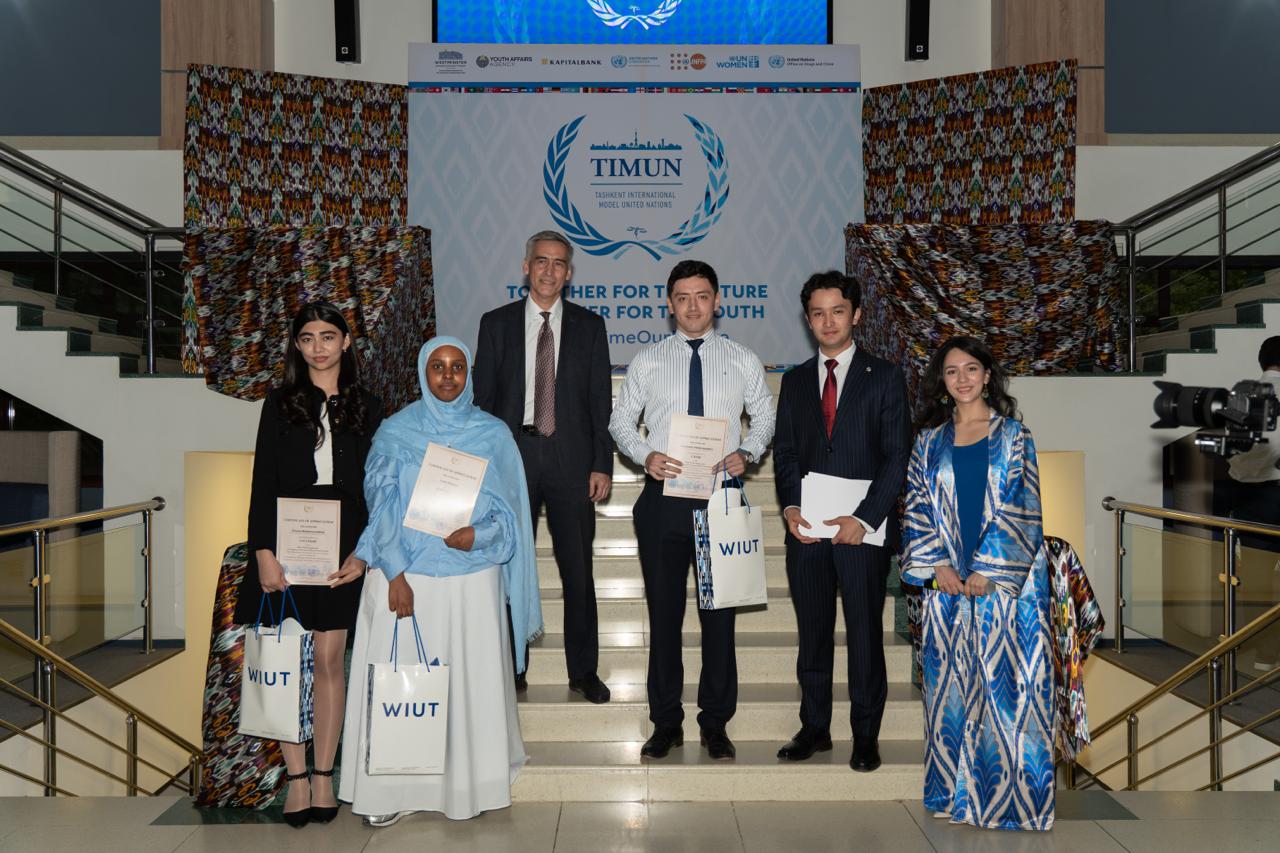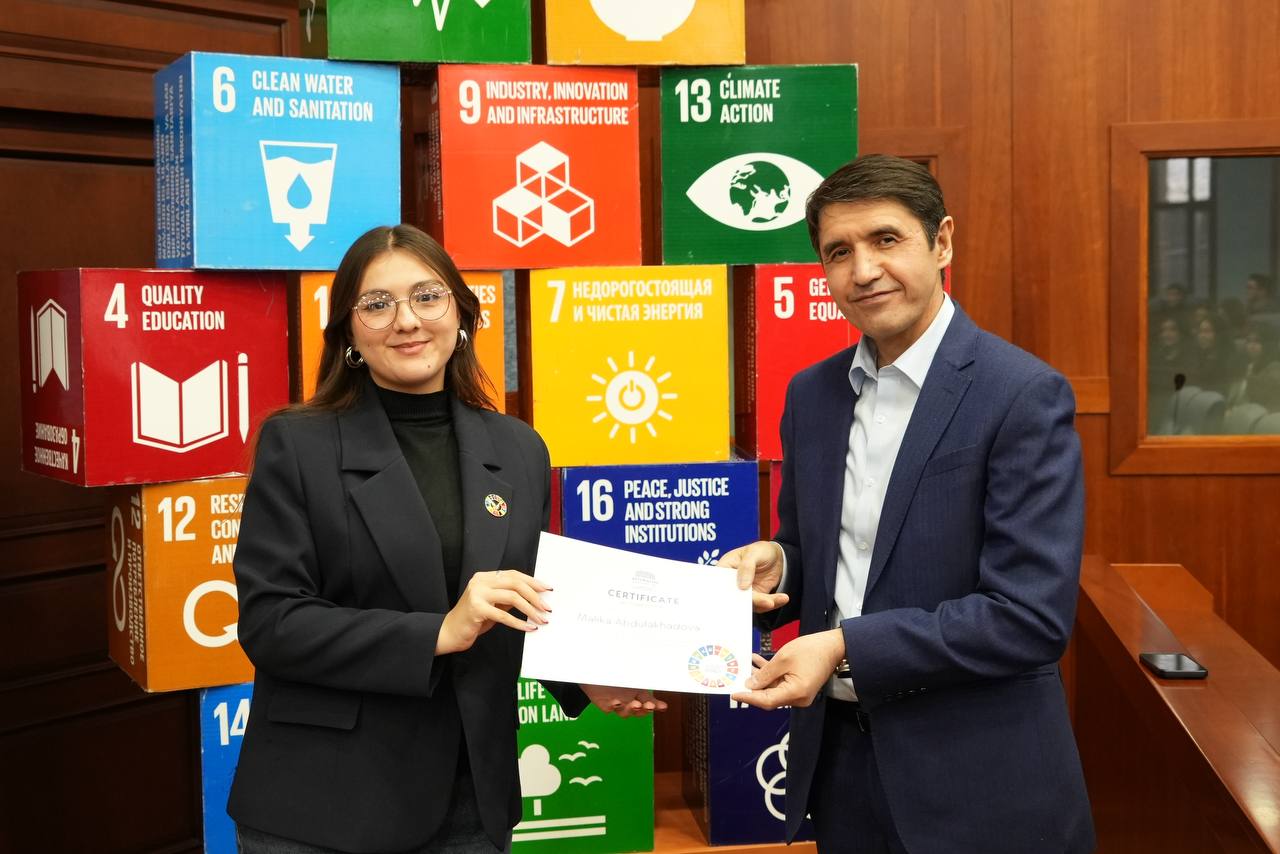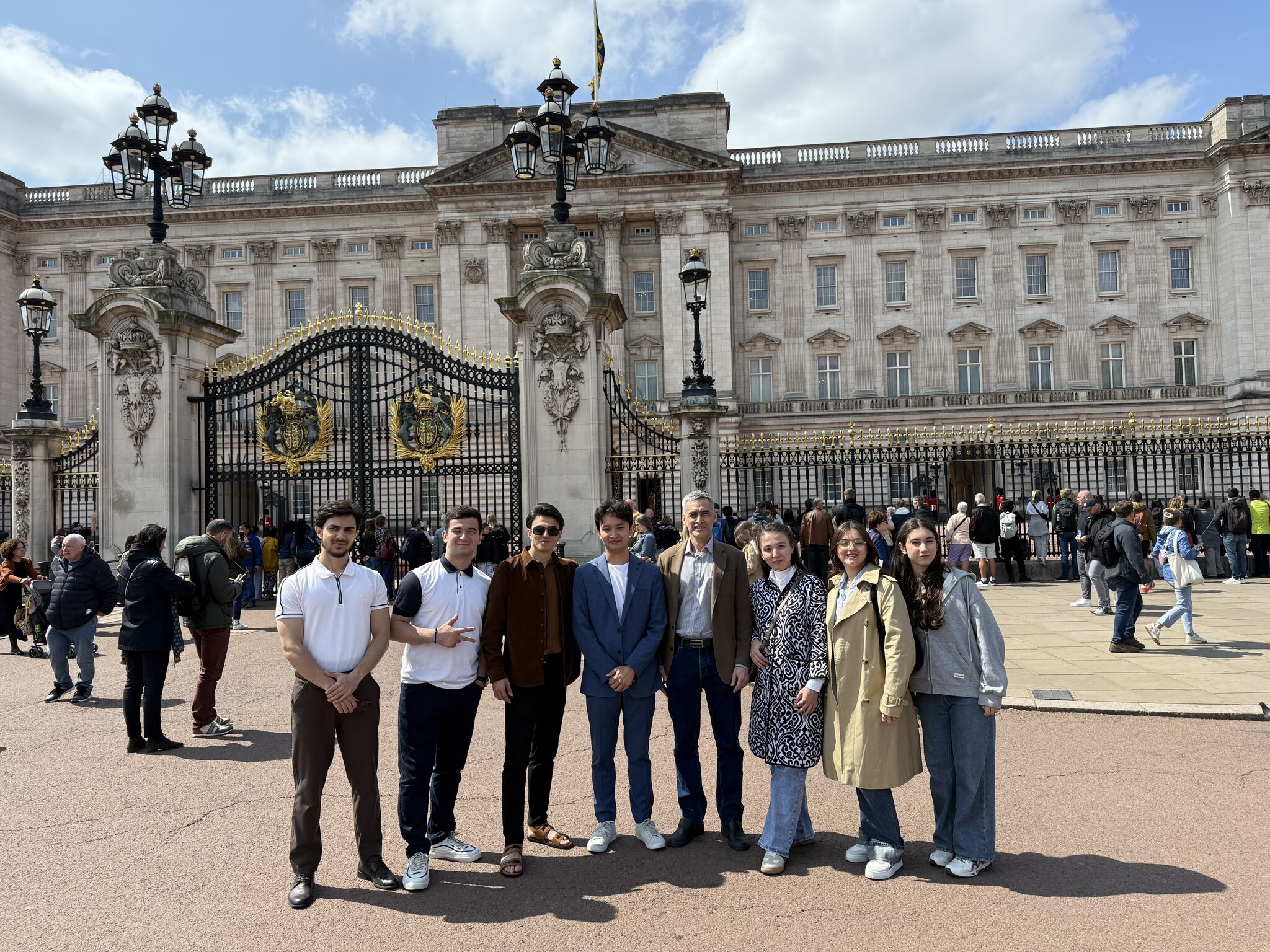CURRICULUM
PROGRESS ON EDUCATION FOR SUSTAINABLE DEVELOPMENT
WIUT recently turned its focus on Education for Sustainable Development (ESD). There are many examples of ESD already happening throughout WIUT curricula in one way or another, even it is not labelled or articulated as such. Through the official adoption of ESD – we ensure:
Early in their time at WIUT, all students are introduced to the concept of holistic sustainable development using the SDGs.
All students are taught to connect their discipline to sustainable development throughout their studies.
Teaching colleagues and the University, as an ecosystem, are consistently reinforcing and building on the two points above.
Empowering students to become sustainable citizens will only happen if they are taught about sustainable development and how their professional knowledge and skills and unique personal experiences can deliver a sustainable future. We demonstrate an excellent standard of ESD by doing the below:
Teaching students a holistic view of sustainability
Connecting that sustainability learning to their discipline in core modules throughout their education
Reinforcing the former two points through assessment which arms them with the competencies to live and lead sustainably Starting from the academic year 2024/2025, WIUT has integrated Education for Sustainable Development elements into its syllabi.
Through initiatives like the Tashkent International Model United Nations (TIMUN) and the AL WIUT MUN, students engage in simulations addressing global issues such as environmental challenges, fostering critical thinking and global citizenship. The Student Research Society Conference empowers learners to present research on Sustainable Development Goals (SDGs), promoting sustainable livelihoods and social entrepreneurship. Collaborations with UN agencies and the establishment of a UNESCO Chair on Futures Studies further integrate sustainability into education, enabling students to drive societal transformation towards a sustainable future. Additionally, WIUT's SDG course provides a comprehensive learning experience dedicated to sustainability and global development.

Interdisciplinary integration:
Stakeholder engagement:
Practical and applied focus:
Quality assurance and iterative improvement:
Scalability and replicability:

The course, which was launched in October 2024 and ran for the full academic year, was spearheaded by our Rector, Dr. Komiljon Karimov. It provided a transformative learning experience focused on sustainability and global development. Throughout the year, students engaged in thought-provoking discussions, interactive debates, and impactful projects, deepening their understanding of the United Nations Sustainable Development Goals (SDGs) and their real-world applications.
Within the course, a number of sessions were organised with very distinguished guests, including Dr. Ceren Güven Güres, Country Programme Manager of UN Women Uzbekistan; Professor Peter Bonfield, President of the University of Westminster; Sabine Machl, the United Nations Resident Coordinator in Uzbekistan; Kanokpan Lao-Araya, Country Director of the Asian Development Bank; Nigina Abbaszadeh, Head of UNFPA in Uzbekistan and more./span>
WIUT students travel to London!
Eight WIUT students and their tutor travel to London in May, 2025 to take part in the 8th Annual Democratic Education Network (DEN) International Student Conference. The trip is highly educational for our students combining field trips, Sustainable Development Goals (SDG) network meetings and participation in conversations that engage students from all over the world and provide them with the opportunity to improve their employability skills and modern knowledge.

Widening Access to Higher Education: Inclusive University working group meeting
On November 24, 2023, a session of the Working Group, dedicated to priority initiatives to support inclusion and presentation of the first draft of Inclusive Higher Education Good Practice Guide, was held at the Ministry of Higher Education, Science, and Innovations (MHESI) of the Republic of Uzbekistan. The group, which includes key stakeholders from the MHESI, University Rectors, the British Council in Uzbekistan, and the University of Westminster, delved into key focus areas such as expanding educational opportunities for girls and women, creating provisions for individuals from low-income backgrounds, and supporting people with disabilities.

